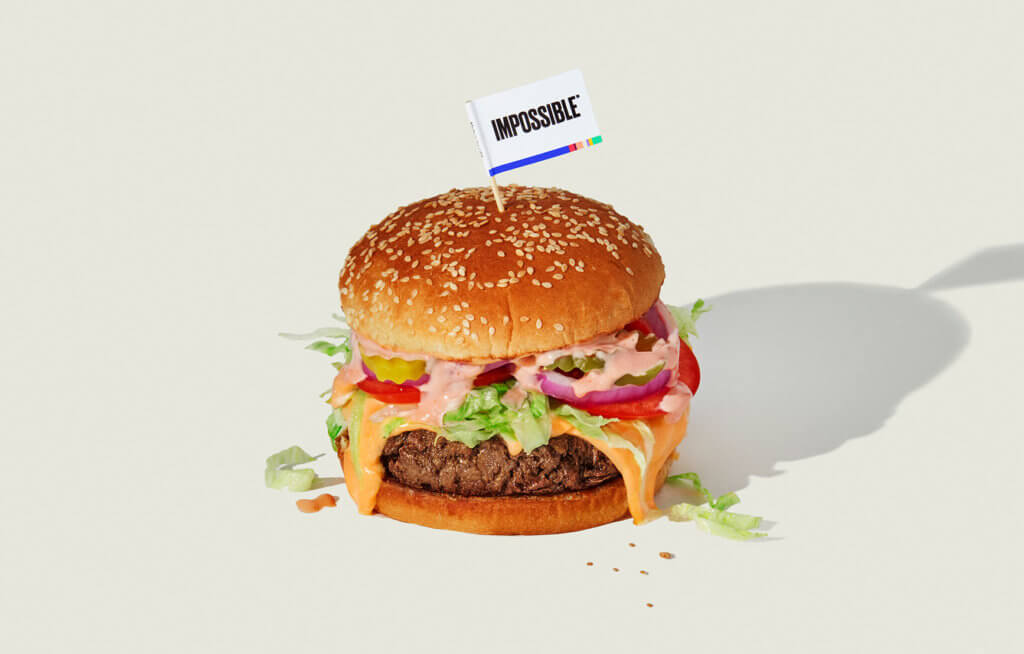These beliefs persist because people are stubborn. Once they’ve invested their intellectual capital in an idea, no matter how dubious, it’s very difficult for them to change their minds. When presented with evidence that refutes their views, they have a tendency to double down on these questionable beliefs. This quirk in human nature becomes a serious public health threat when people persist in their wrongheaded beliefs to the point of harming themselves or others. The refusal of some people to get a COVID-19 vaccination, for example, is dangerous because it could delay the end of the pandemic, thus costing more lives.

In the context of the GE crop debate, science communicators have struggled to disabuse people of the idea that agricultural biotechnology poses a serious threat to human health and the environment. The problem is that scientific explanations of how genetic engineering benefits farmers—that, say, crop traits like insect and herbicide resistance increase yields—have not convinced consumers, who have been subjected to decades of anti-GMO fear mongering.
The widespread concern over GE crops is reflected in a November 2020 Pew Research Poll that surveyed public opinion in 20 countries. It found that a median of 48% of those questioned believed GMO foods were unsafe to eat, while only 13% believed they were safe to eat. The negative assessment ranged from 70% in Russia to 29% in the Netherlands with the US at 38%.
Frustrating as these statistics may seem, they’re not cause for despair. We’re entering an era when consumer- and conservation-focused GE products are being commercialized and marketed in terms that appeal to the general public, notably their demand for sustainable food. With these products coming online, it’s possible that the public’s suspicion will gradually fade away, hopefully taking the anti-GMO movement with it.
New products change the landscape
After battling regulatory foot dragging, lawsuits and activist opposition for more than two decades, biotech firm AquaBounty is poised to commercialize its fast-growing GE salmon in April 2021. The product carries a stigma given the uphill battle it’s just been through, but company CEO Sylvia Wulf is confident the sustainability benefits of its AquAdvantage salmon can overcome whatever lingering environmental concerns people may have. In at least one poll, 70% percent of consumers who were informed of the environmental benefits said they would buy the salmon.
Other genetically engineered products have been even more well received in recent years. The plant-based Impossible Burger, which “bleeds” and reasonably mimics the taste of real meat, is produced with genetic engineering. Outside of the anti-GMO community, the Impossible Burger has received little backlash, proving very popular at dozens of fast food restaurants and in grocery stores around the US. That may be because consumers see it as close enough to the ‘real thing’ and appreciate Impossible Foods’ mission to offset the greenhouse gas emissions of beef production.

It also appears that the Impossible Burger has splintered the anti-GMO movement. Today, organizations as diverse as PETA, The Union of Concerned Scientists and Burger King all support plant-based meat consumption, even if some of the products are genetically engineered.
Public support for a genetically engineered chestnut tree may follow a similar trend to that of GE salmon and Impossible Burgers. The modified American chestnut, known as “Darling 58,” is tolerant to a deadly fungus that all but eliminated its wild relatives from US forests. Despite a concerted activist campaign to block its approval, The USDA may very well green light the tree for planting in the Appalachian region. Like the GE Impossible Burger, Darling 58 has garnered support from unlikely quarters. The Sierra Club, which still officially calls “for a ban on the planting of all genetically engineered crops and the release of all GEOs [genetically engineered organisms] into the environment,” has nonetheless endorsed the chestnut tree, citing its sustainability benefits:
For its part, the Sierra Club has counseled caution, but it sees Darling 58 as a low environmental risk, since it would be closely monitored. In a comment on the USDA application, the Club noted that while it still “carries some uncertainties,” genetic engineering could, with proper precautions, produce an organism that “provides an environmental benefit.
Easing consumer concerns about genetic engineering is a crucial step in the right direction. Earning the endorsement a group that has (or perhaps had) a vested interest in opposing genetic engineering is a dramatic turn of events, one suggesting that society isn’t as hardened in its rejection of plant biotechnology, whatever consumers say to pollsters.
Gene editing moves the ball forward
Jennifer Doudna, awarded the 2020 Nobel Prize in chemistry alongside Emmanuelle Charpentier for their work on the gene-editing technique CRISPR, outlined the benefits of genetic engineering in a 2019 interview with Business Insider. “I think in the next five years the most profound thing we’ll see in terms of CRISPR’s effects on people’s everyday lives will be in the agriculture sector,” she said …. “CRISP’d crops have the potential to help alleviate problems ranging from hunger to obesity.”

The same year Doudna made that prediction, Minnesota-based biotech startup Calyxt commercialized its high-oleic soybean oil, made from gene-edited soybean, which is now used in US restaurants. Calyxt is developing other gene-edited crops that will have similarly important environmental and human health benefits. The next in line is a high-fiber wheat variety the company expects to plant for commercial use in 2022.
Over the past year alone, the USDA has approved 70 gene-edited plant varieties, so it’s likely the US will see many more consumer-focused, gene-edited crops in the coming years. Other countries appear to be on a similar path. In December 2020, for example, the Japanese government approved the sale of a heart-heathy genetically engineered tomato that contains five times the normal amount of GABA, an amino acid that lowers blood pressure. Farmers could begin planting the tomato this year, and consumer response to it could determine how much success other gene-edited products have in Japan.
Conclusion
The anti-GMO movement certainly won’t disappear overnight because of the genetic engineering innovations making their way to the market. Even amid a pandemic (which could end because of GE vaccines), many advocacy groups continue to lobby against biotechnology; and they remain very influential in certain parts of the developed and developing world. What’s more interesting, though, is that they’re no longer able to stop progress the way they once could.
The Center for Food Safety has thrown all its legal might into blocking the commercialization of AquAdvantage salmon, which is still slated for an April debut. The group also continues to pressure the FDA to pull the Impossible Burger off the market, though of course unsuccessfully. The Non-GMO Project complained about Calyxt’s gene-edited soybeans entering the food supply, but wasn’t able to rouse national outrage over it.
The Nobel Prize for Chemistry going to the co-discoverers of CRISPR/Cas9 should put to rest any lingering objections to the use of agricultural gene editing. The technology is beginning to pick up where older genetic engineering tools left off, by reducing food waste, lowering greenhouse emissions, eradicating plant diseases and improving nutrition in areas of the world where vitamin and mineral deficiencies pose a severe public health threat.
As a result, GE technology should be embraced as a set of tools to help feed the world’s growing population, not denigrated and demonized because of ideological predispositions that are not grounded in evidence.
Steven E. Cerier is a freelance international economist and a frequent contributor to the Genetic Literacy Project.































